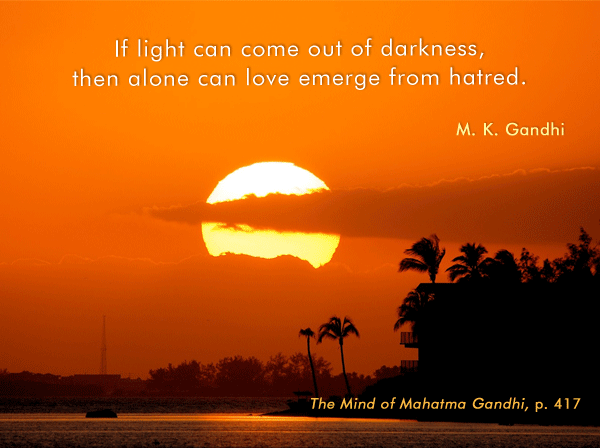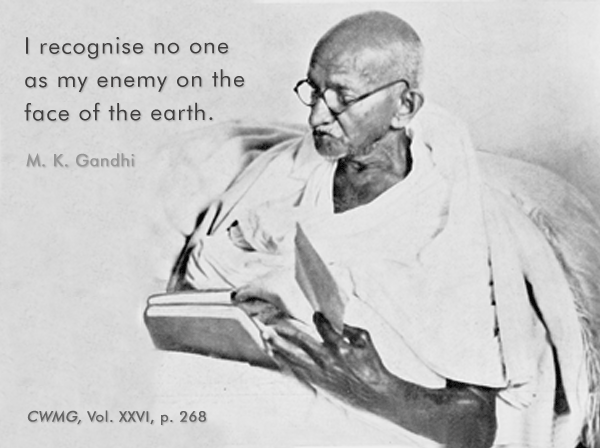111. THE STAIN OF INDIGO :

Champaran is the land of King Janaka. Just as it abounds in mango groves, so used it to be full of indigo plantations until the year 1917. The Champaran tenant was bound by law to plant three out of every twenty parts of his land with indigo for his landlord. This system was known as the #tinkathis# system, as three #kathas# out of twenty (which make one acre) had to be planted with indigo. I must confess that I did not then know even the name, much less the geographical position, of Champaran, and I had hardly any notion of indigo plantations. I had seen packets of indigo, but little dreamed that it was grown and manufactured in Champaran at great hardship to thousands of agriculturists. Rajkumar Shukla was one of the agriculturists who had been under this harrow, and he was filled with a passion to wash away the stain of indigo for the thousands who were suffering as he had suffered. This man caught hold of me at Lucknow, where I had gone for the Congress of 1918. ...













